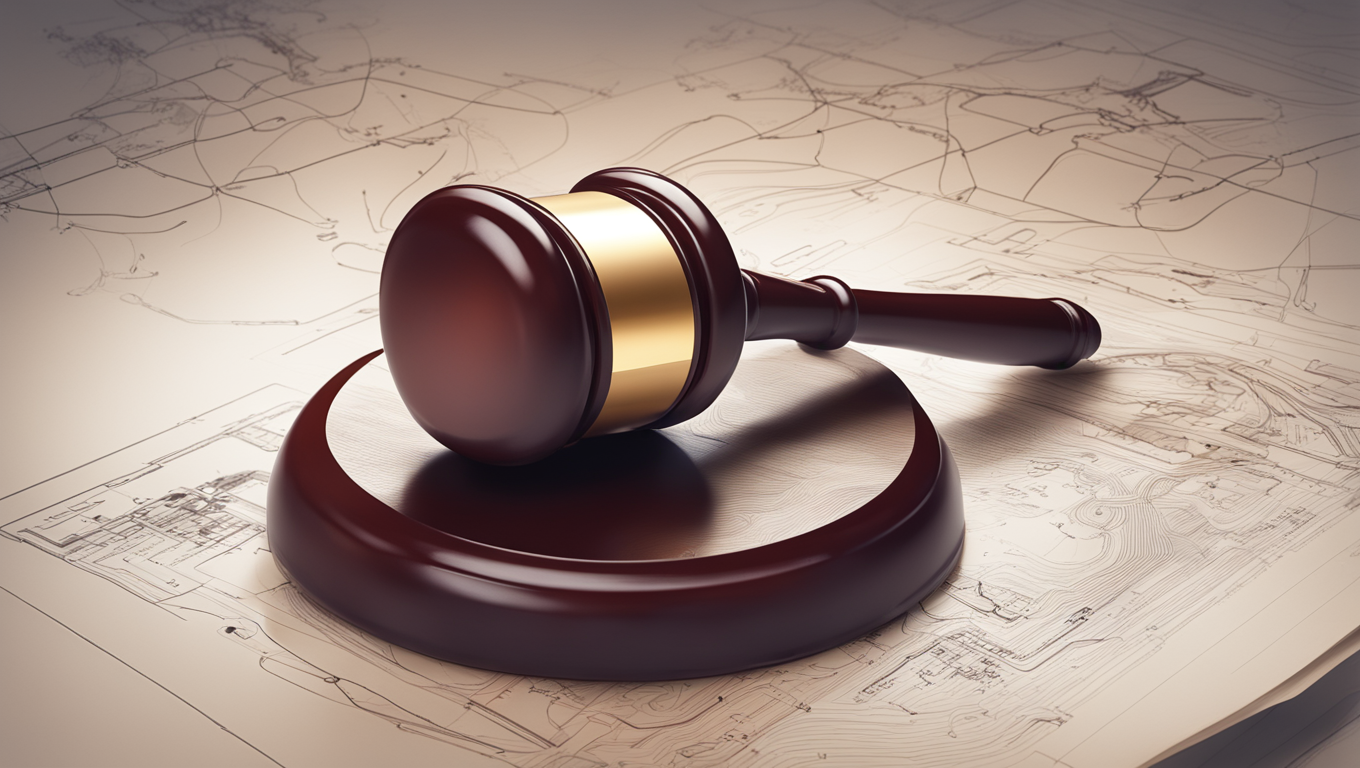In a significant milestone for the advancement of artificial intelligence (AI), Europe has established the world’s first AI treaty. The treaty, which was recently adopted by Europe’s top rights organisation, the Council of Europe, is a legally binding international agreement that aims to govern the use of AI.
Experts have long called for the need to address the risks associated with AI technology, which is expected to have a transformative impact on almost every aspect of human life. The treaty sets out a comprehensive legal framework that covers the entire life cycle of AI systems, while also addressing the potential risks they may pose. It is open to non-European countries as well, highlighting its global relevance.
Secretary General of the Council of Europe, Marija Pejcinovic, emphasized the significance of the treaty, stating that it is the first of its kind and will ensure that AI upholds people’s rights. She further added that the aim of the treaty is to promote a responsible use of AI that respects human rights, the rule of law, and democracy.
The development of the treaty is the result of two years of extensive work by an intergovernmental body, bringing together the Council’s 46 member states, the European Union, and 11 non-member states, including the United States and the Vatican. In addition, representatives from civil society and academia also contributed to the creation of the treaty, ensuring a diverse array of perspectives.
One of the key provisions of the treaty is its emphasis on safeguarding democratic institutions and processes. Parties to the treaty must ensure that AI systems are not used to undermine these democratic foundations. Additionally, the treaty includes transparency and oversight requirements, which involve identifying content generated by AI systems and providing this information to users.
The framework convention will be opened for signature at a conference of justice ministers in Vilnius, the capital of Lithuania, in September. This signifies the commitment of European countries to act swiftly in implementing measures that promote responsible AI use.
It is worth noting that this is not the first instance of Europe taking a proactive approach to regulating AI. In March, the European Parliament adopted comprehensive rules that govern AI, including powerful systems like OpenAI’s ChatGPT. These rules aim to protect citizens from the potential risks associated with rapidly developing AI technology while still fostering innovation.
The establishment of the world’s first AI treaty by Europe is a significant step towards ensuring the responsible development and use of AI. By addressing potential risks and safeguarding democratic principles, the treaty lays the groundwork for a future where AI can thrive while protecting the rights and well-being of individuals. As AI continues to evolve and permeate various sectors of society, such international agreements will play a crucial role in shaping the future of the technology.





Use the share button below if you liked it.